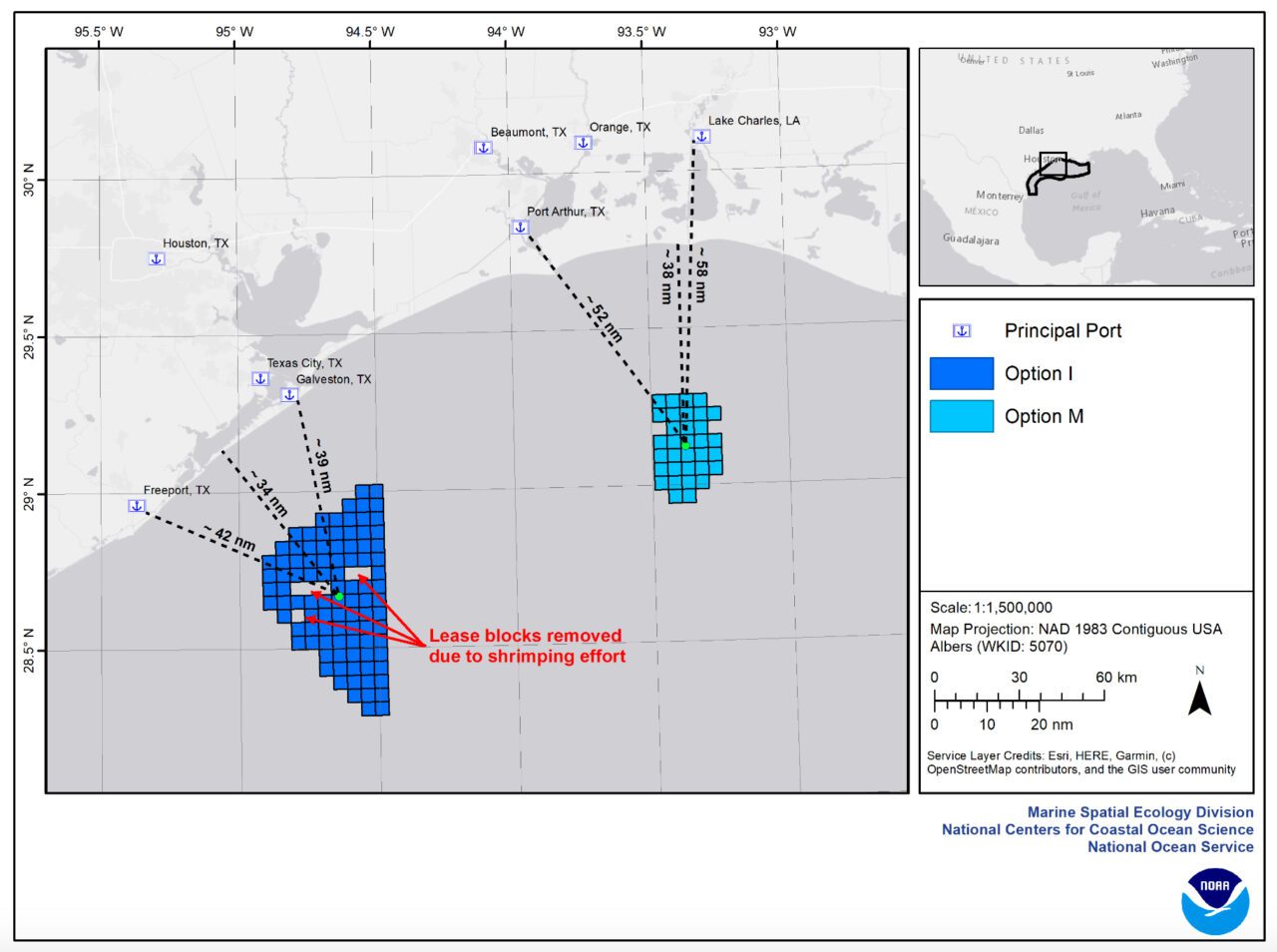[ad_1]
The increasingly volatile and extreme weather has been affecting Josue’s health. After working in high temperatures outdoors, he feels exhausted and has regular stomach aches and dizziness. These are common symptoms of heat stress, which also include dehydration, nausea, and heat stroke, the leading cause of work-related death in farmworkers. Statistics from the Centers for Disease Control and Prevention showed that 815 workers died from heat exposure between 1992 and 2017. For farmworkers, heat can negatively impact their cognitive performance and behavior and threaten their overall well-being. Many agricultural workers also experience respiratory issues caused by exposure to pesticides, dust, and fungi.
A paper published in the Environmental Research Letters revealed the global number of agricultural workers has decreased due to rising temperatures. “Heat stress among farmworkers is becoming more prevalent as temperatures continue to rise,” said Alexis Guild, the director of health policy and programs at Farmworker Justice, an organization created to protect agricultural workers’ rights. “Farmworkers generally are not provided adequate protection.”
Only Washington, California, and Oregon have implemented safety heat and wildfire protections for agricultural workers. Employers in these states are lawfully required to check their Air Quality Index and provide respirators and training about the hazards of wildfire smoke. Farmworker Justice aims to expand heat and wildfire smoke legislation standards to other states, in addition to appealing to Congress for improved protections for farmworkers.
Other farmworkers have shared that heat stress is becoming increasingly common. Nancy Apropilla has worked picking grapes and tobacco in North Carolina since she immigrated to the U.S. in 2001 from Guerrero, Mexico. She works annually in the summer for up to 12 hours a day. She and her coworkers have witnessed tobacco crops shrivel and rot from heat waves. At the farm’s chicken coop, where she said an average of three chickens die per day, this year dozens died from extreme heat during a four-day heat wave. Apropilla herself has experienced dehydration, sunburns, and dizziness.
“Sometimes you get headaches, but there is nothing else to do but to keep going,” Apropilla said. “When I first started working, it was 80 degrees, and now temperatures reach over 100 degrees. Some people start the job for one day and then never come back.”
According to United Farm Workers, 73% of all farmworkers are immigrants, and up to 36% are undocumented, making them more likely to not have access to health care if they get sick on the job. The estimated number of unsafe working days will increase twofold in three decades. In states like Florida that already suffer extreme heat and humidity it will be even more dangerous to work outdoors. Farmworkers have lost 10 to 90 times the number of work hours compared to their peers in clerical services and manufacturing work. This loss will decrease the amount of available produce across the nation.
As summer approaches and heat waves make their way across the country, environmental researchers have proposed a list of possible solutions to keep farmworkers safe. These solutions include changing work shifts to cooler hours, providing farmworkers with more rest breaks and water, and training people on how to cope with heat stress. However, these issues may not be within reach for agricultural workers who do not have access to health care, cannot take breaks, and do not have a choice to pick their days or hours of work. Farmworkers are forced to work through heat when they are on a deadline.
Organizations like Farmworker Justice, United Farm Workers, the Association of Farmworker Opportunity Programs, and the Farm Labor Organization Committee were created to educate agricultural workers and their families about safe working conditions and to raise awareness about their rights. These organizations also provide guidance with immigration, health care, and COVID-19 vaccines.
“As essential workers, farmworkers are important drivers of the U.S. economy and important members of our rural communities,” Guild said. “They deserve to live and work with dignity in healthy environments.”
Yesica Balderrama is a Mexican journalist and writer based in NYC. Her work has appeared on WNYC, NPR, Latino USA, iPondr, PEN America, Palabra, Guernica, and others.
Prism is an independent and nonprofit newsroom led by journalists of color. Our in-depth and thought-provoking journalism reflects the lived experiences of people most impacted by injustice. We tell stories from the ground up to disrupt harmful narratives, and to inform movements for justice. Sign up for our newsletter to get our stories in your inbox, and follow us on Twitter, Facebook, and Instagram.
[ad_2]
Source link















